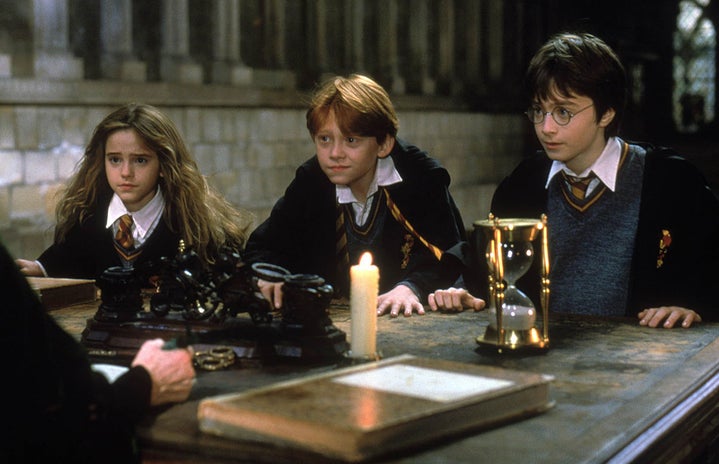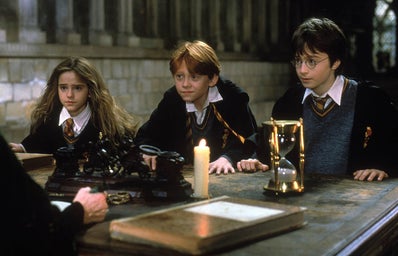Cancel culture is no new phenomenon. In fact, the lengths that Twitter goes to enforce it has become laughable to most. Although it exclusively applied to celebrities before, it has extended to everyone with a social media presence, from authors, photographers to our local Twitter bigot. The idea of ‘cancel culture’ might have negative connotations attached to it but nonetheless holds people accountable, especially those with a large audience that can adopt their values.
With the growth of social media and the number of people on the internet, the amount of people getting ‘cancelled’ has increased. The debate of whether they were deserving of this treatment or not also arises as a result. To sum it up: if they are attractive enough, it doesn’t really matter if they are horrible people. One other condition that will exempt someone from cancel culture is whether the art they make is good, and herein lies ‘separating art from the artist’.
Let’s look at the internet’s prime example of cancel culture (rightly so, in my opinion), J.K. Rowling. Many of us grew up reading and watching Harry Potter and as such, admiring the author. Many of us have also recently heard that the author’s values are very conservative, and that she has taken to being openly transphobic on Twitter. Now let’s consider the many musical artists who have been cancelled for racist tweets they made 10 years ago.
It’s tricky to decide where a line is drawn, and which offense is “worse” and whether the offender is a bad person or just immature. A good rule of thumb when it comes to ‘cancelling’ someone is to listen to the community they have offended. This is because you can’t really decide that something is “not that bad” when it doesn’t even apply to you.
This may be an unpopular opinion, but I don’t think you can separate the art from the artist. Art often reflects an artist’s views, and even if it doesn’t, by consuming the art, you are unintentionally letting the artist get away with being a bad person. Not only that, by purchasing their work, you are making a horrible person much richer. You are also providing them with a bigger platform to continue sharing their views.
This is a topic that is greatly debated, and I don’t think anyone who disagrees with me is purposefully trying to harm minority communities just because they refuse to burn their Harry Potter books. Creatives are still human and it’s important to give them a chance to learn and grow, but they should not get a free pass just because they might be able to sing or write better than most.
At the end of the day, you get to decide the media you want to consume but be mindful of the people it may harm. It is important to consider whether one song, book or joke is worth more than an entire community.

